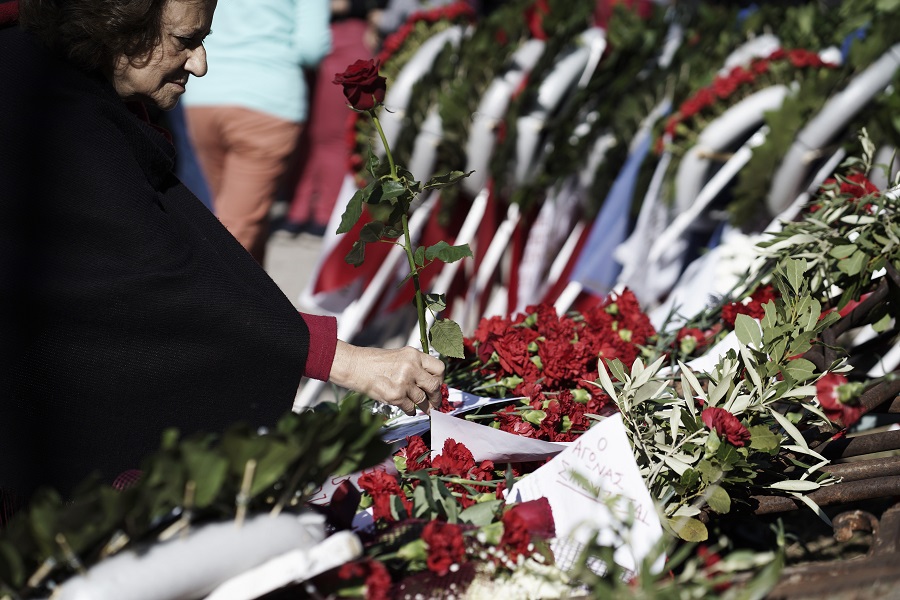This coming Friday, which will show November 17 on the calendar, marks the 50th anniversary of the Polytechnic uprising in Greece, a little-known event for most people unfamiliar with the political scene in the east Mediterranean country, its recent history or the partisan “currents” still relevant to this day.
However, for Greece the violent seizure, by security forces, of the Polytechnic buildings marked the “beginning of the end” for a dour military junta that had ruled the country since April 1967.
Dissent and protests prior to November 1973 had been sporadic and ineffective, with most of the people actively opposed to the junta either in exile, in jail or in the underground. Following a first students’ protest at the Athens Law School in February 1973, it was the Polytechnic uprising that attracted international attention and galvanized the anti-dictatorship sentiment in much of Greek society.
The military dictatorship would eventually collapse nine months later after it engineered a coup to depose Cyprus President Makarios – an event exploited by Turkey as justification to invade the island republic. Although the seven-year dictatorship is now part of history, the Turkish occupation of one-third of Cyprus continues, and is a dreadful legacy of the “colonels’ junta”.
However, in Greece the day is commemorated in a type of “quasi-holiday”, with schools holding at least a brief remembrance event, universities closing and a portion of the public administration also taking a leave – ostensibly for civil servants to participate in commemorative events. An annual demonstration commences from the Athens Polytechnic itself – also known as the National Technical University of Athens – and passes by the Parliament building on the high ground above Syntagma Square and then ends at the US embassy on Vassilissis Sofia Avenue. The march concludes at the US embassy on account of the CIA’s support for the junta during those years.
A major police mobilization also coincides with the annual protest march, as violent rioting has often marred the event in the past.



